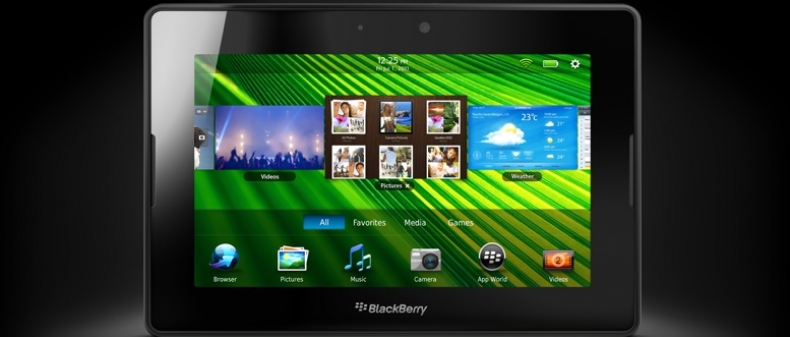
For fans of the Blackberry, yesterday’s news that Co-CEOs Mike Lazaradis and Jim Balsillie had stepped down was a one-two punch in the gut. First, the company admitted publicly that the founders of Canada’s greatest tech company have screwed up (seriously, it took this long?). And second, new CEO Thorsten Heins suggested that RIM is already on the right path and needed to make no serious changes. It wasn’t exactly inspiring–or especially logical for that matter.
But it’s also worth keeping in mind that RIM is a company that, in Q3 last year, pulled in a quarter of billion dollars in net income after a half billion dollar writedown on the Playbook, and manged to increase its subscriber base by 35%. The company is not in quite as bad shape as the U.S.-centric media suggests.
Still, the long-term view isn’t great. Given the ascendance of Apple and Google and the buzz around Windows Phone, RIM is in a tight spot, and the new CEO seems to be a poor choice for a company looking to reboot. But any upheaval at RIM is a good chance to consider how an opportunity may arise out of a crisis and so I ask: how might RIM save itself from slipping into irrelevance?
Smartly pivot on core strengths. I think Peter Nowak is right: RIM’s future isn’t the Blackberry, and tackling the current smartphone leaders head-on would be catastrophic for RIM. It instead needs to focus on its core competencies, namely the Blackberry backend and corporate security. The key, however, will be to make these benefits available to a wider range of people. That would, as Nowak suggests, require a pivot that would see RIM become a service-first company, licensing its software and security solutions to companies in need of airtight corporate communications, rather than phones.
Don’t abandon hardware. Where Nowak and I part ways, however, is over whether RIM should totally leave the hardware game. While it’s true that trying to challenge the iPhone would be futile, it doesn’t mean that RIM should: a) abandon its key hardware advantages that have real utility for business clients (keyboards and battery life), and b) forget that emerging markets aren’t as iPhone or Android crazy as North America and Europe. There’s no reason to leave a growing driver of market share and profitability. Instead, RIM should continue to adapt to markets like China and India in order to expand its subscriber base.
Nurture RIM’s brand identity in emerging markets. If the Blackberry has long since ceased to be a status symbol in many parts of the West, the same cannot be said for the parts of the world that make up the bulk of its population. Instead, RIM has a second chance at fixing its disastrous attempts at marketing over the last few years. It should unabashedly return to nurturing the connection between a Blackberry and business, and the ‘berry and success. With the bulk of growth happening overseas, this is a necessity.
Give business a reason to care about the Playbook. Yes, the Playbook was a disaster–at first. But version 2.0 of the Playbook’s software looks promising. If the consumer market is lost, then RIM needs to give people a reason to believe that the Playbook is great for business users in a way that the iPad and Android tablets are not. That may involve presentation hardware (like a micro projector built into the tablet), or it might mean productivity software that one-ups Apple and Google. Either way, if the Playbook is ever to recover, RIM has to abandon its consumer tablet pretensions and return to its base.











